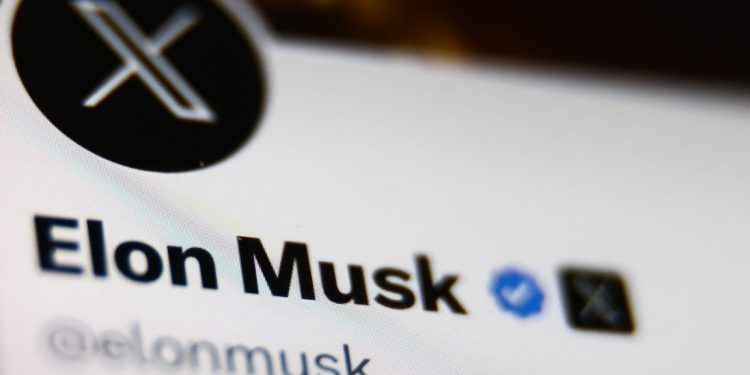But it highlighted the Tesla chief’s potential conflicts of interest between protecting his business interests in China and serving as a confidant to the new president and government efficiency czar.
Tesla made nearly a quarter of its third-quarter sales in China and exported even more vehicles from its Shanghai factory to third countries.
Some analysts believe Beijing is pinning its hopes on Musk as a potential go-between with Trump, who has pledged to raise tariffs on imports from China. Chinese officials had previously considered using Musk as an intermediary to resolve the fate of TikTok in the United States.
Musk also met on Sunday with Chinese Vice President Han Zheng, who will represent President Xi Jinping at Trump’s inauguration. The presence of such a high-ranking Chinese official as Han is unprecedented at US presidential inaugurations, where Beijing is normally represented by its ambassador in Washington.
“Han met. . . Elon Musk, and invited American companies, including Tesla, to seize opportunities and share the fruits of China’s development,” China’s official Xinhua News Agency reported.
Han also met Sunday with business leaders from the U.S.-China Business Council and the U.S. Chamber of Commerce, as well as Trump’s new vice president, JD Vance.
Han and Vance discussed the deadly synthetic opioid fentanyl, which successive U.S. administrations have pushed Beijing to crack down on, as well as regional stability and balancing trade, the Trump-Vance transition team said in a press release.
In the past, U.S. business leaders have sought to play a moderating role in the often-volatile U.S.-China relationship, a role Beijing appeared eager to encourage ahead of the second Trump administration.
Han described U.S. companies as a “backbone” of relations between the two countries and urged companies to “play an active role as a bridge” in U.S.-China relations, Xinhua said.
© 2025 The Financial Times Ltd. All rights reserved. Not to be redistributed, copied or modified in any way.


